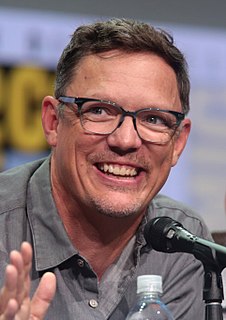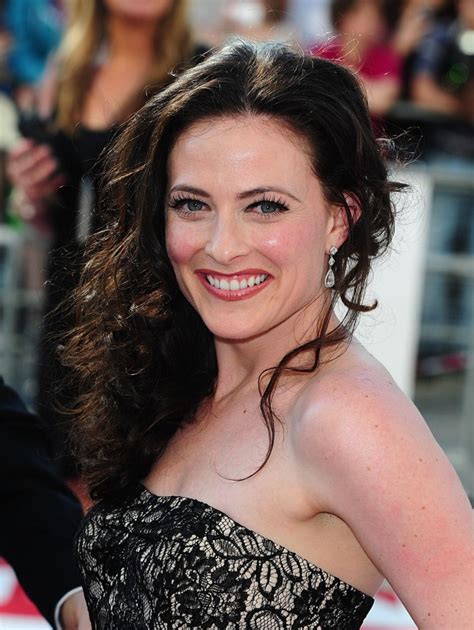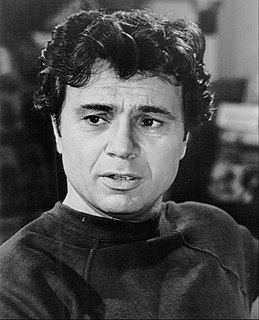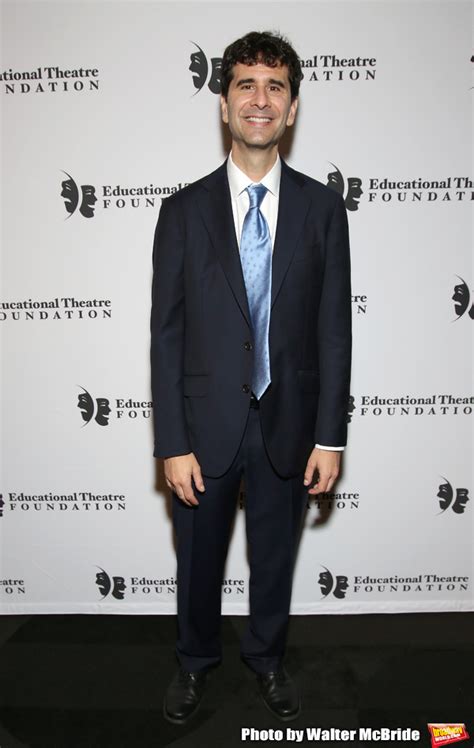A Quote by Matthew Lillard
I learned a lot, in terms of inspiring people. It became very clear to me, very early on, that directing a movie was a lot like being in a theater company.
Related Quotes
I don't hold on to fear as much as I used to, because I've learned a lot about genuinely not caring what strangers think about me. It's very liberating. It's very empowering, and I've learned a lot of that from Jay-Shawn Carter-Z, because his approach to life is very internal. It's a very good lesson to learn.
Now we're in a recession, and at war, so people want to see this chihuahua movie, The Fountain. To be told to come to terms with death, that death is the road to all - it's a very intense subject. But as with movies that are very unusual, that have come to be thought of as very interesting, one finds out at the time that they were not understood. So who knows? We'll see. A lot of people really, really loved it, and a lot of people didn't get it.
True to their history, the English are very domineering and have manipulated it in different ways. I wouldn't say that there was an original, but there is a lot of expurgation in some of the Victorian translations, and there's a lot of additional salacious nonsense in some of them, too. I also like the early French one, much-derided for being fanciful but which is actually very elegantly done. It's very big, very capacious.
Being the youngest, I constantly have that insecurity of being the youngest, which ultimately is probably my drive. in a lot of ways. In terms of as an artist, the way we could communicate as a family very clearly was through movies and through acting, and when things became complicated with all of our own personalities, that's where we are most clear. I think that's also where we are most brutal with each other as well.
It is the most powerful submission in the sport. It is a beautiful thing. You're holding them into you, their back is on you, and you are basically choking them gradually like a boa constrictor and once you've got them, the pressure goes on and they have to submit or they are going to stop breathing. It happened to me early in my career, and I panicked, and gave in, I tapped out too early. I learned a lot from that. I learned from it, learned how to do the move better, learned how to avoid it being done to me.
There was one element of my childhood that was really a positive asset for me. By moving a lot, I learned to assimilate into whatever new surroundings I had and to become very comfortable with people quickly. I think that was one of the strongest contributing factors to my becoming an actor, because I constantly had to readjust, even reinvent. But at the same time, it also became very easy for me not to become attached to people, places, or things. I learned to enjoy people and places for the time I had, for the moment, to be in the moment, and move on.



































